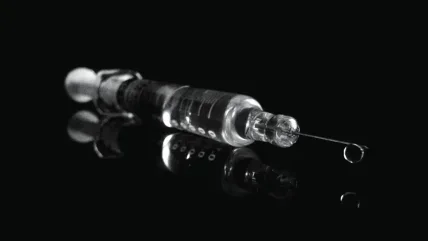
Bavarian Nordic announced that the European Commission (EC) has approved a type II variation of Imvanex (MVA-BN), a smallpox and mpox vaccine.
The updated marketing authorisation now includes adolescents aged 12 to 17 years.
MVA-BN is said to be the only non-replicating mpox vaccine approved in the US, Switzerland, Singapore, and Mexico, marketed as Jynneos.
It is also approved in Canada as Imvamune, in the European Union (EU)/ European Economic Area (EEA) and the UK as Imvanex.
The latest approval, whose submission was filed last month, was based on the positive recommendation from the Committee for Medicinal Products for Human Use (CHMP) of the European Medicines Agency (EMA).
The CHMP recommendation comes after the EMA received data from a recent clinical study (NCT05740982).
This study was sponsored by the US National Institutes of Health’s (NIH) National Institute of Allergy and Infectious Diseases (NIAID).
It involved 315 adolescents aged 12 to 17 and 211 adults aged 18 and older.
It showed non-inferiority in immune responses and a similar safety profile between both age groups after two standard doses of the MVA-BN vaccine.
Bavarian Nordic president and CEO Paul Chaplin said: “We applaud EMA for their expedited review and decision to recommend approval of MVA-BN for adolescents.
“This represents an important milestone in our efforts to make our vaccine available for all populations and will help improve access for some of the most vulnerable individuals mostly impacted by the ongoing mpox outbreak in Africa.”
This marks the first approval of MVA-BN for smallpox and mpox in adolescents.
In 2020, the EMA approved a recombinant version, Mvabea, as part of a prime-boost regimen for Ebola virus prevention in individuals aged one and older.
Bavarian Nordic is preparing for a clinical trial to evaluate the immunogenicity and safety of MVA-BN in children aged two to 12 years.
This trial aims to expand the vaccine’s indication to younger populations. It is partially funded by the Coalition for Epidemic Preparedness Innovations (CEPI) and is expected to begin next month.
CEPI is also co-funding another clinical study led by McMaster University in Canada.
This study will assess post-exposure vaccination with MVA-BN to determine if the vaccine reduces the risk of secondary mpox cases and mitigates illness severity in infected individuals.






